When I look back on my attempts to learn French, I can count 6 distinct failures, which led me to believe I would never master French. I started studying French aged 11, and didn’t pass my C1 French exam until I was 32.
In hindsight, these failures were all essential parts of the learning process; as Elizabeth Day says in her How to Fail podcast, in learning from our failures, we learn how to succeed.
So obsessed am I with the importance of failure, that I even managed to find a French equivalent to Day’s podcast, called La Leçon, le podcast sur l’art d’échouer (The lesson: the podcast on the art of failure).
The founder of La Leçon, Journalist Pauline Grisoni, explains that “Without my failures, I would never have known the inner strength I have within me.”
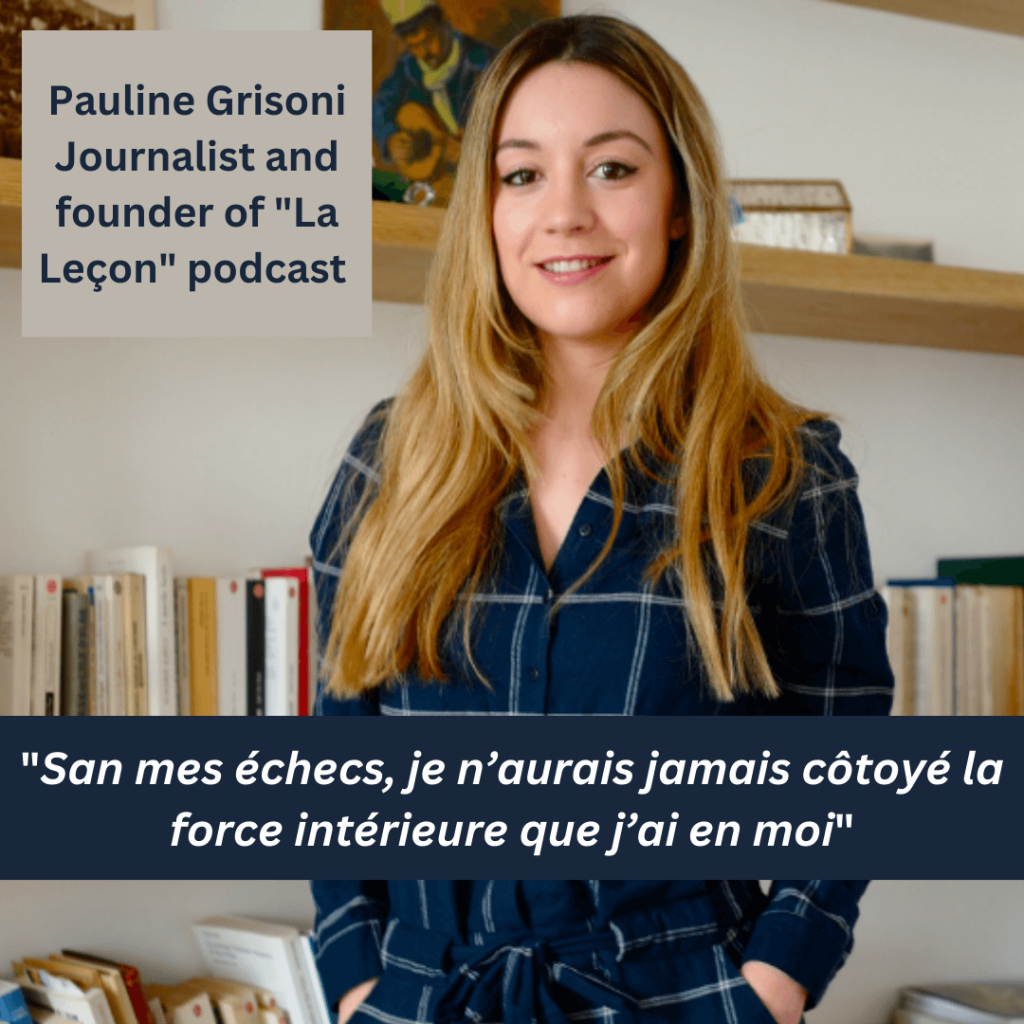
In this spirit, I thought I’d share the lessons I learnt from all the times I failed to learn French, and how they eventually contributed to me becoming a fluent French speaker.
- Lesson 1: don’t compare yourself to others
- Lesson 2: take on one language challenge at a time
- Lesson 3: curiosity is key
- Lesson 4: the “necessity” argument isn’t a silver bullet
- Lesson 5: your teacher makes all the difference
- Lesson 6: find the right material for you
- 7th time’s a charm…what did work
- Final thoughts
Lesson 1: don’t compare yourself to others
At secondary school, I wasn’t in the top set for French, meaning that unlike all my friends, I didn’t get the opportunity to learn German.
Despite this, I came out with a B at GCSE, but all I could recall for years to come was how to say what was in my pencil case..!
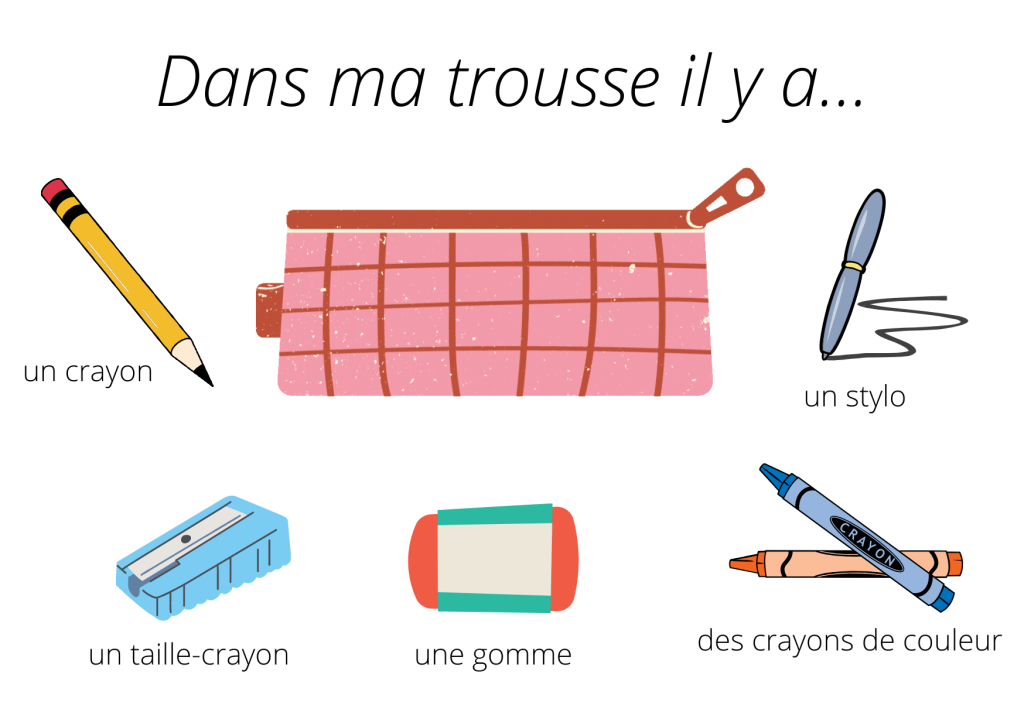
This is a very British problem; it’s common to meet other Europeans, who, like you, learnt a foreign language at school (English!), and who, from the same amount of learning hours in their school curriculum, come out able to converse with ease with native and non-native speakers alike.
This is a very frustrating parallel for British people – a product of many different factors. The point here though, is that I needed to stop comparing myself to others.
Lesson 2: take on one language challenge at a time
During my ERASMUS year in Italy, inexplicably, alongside trying to learn Italian, I decided to take a module in French whilst studying at the University of Verona.
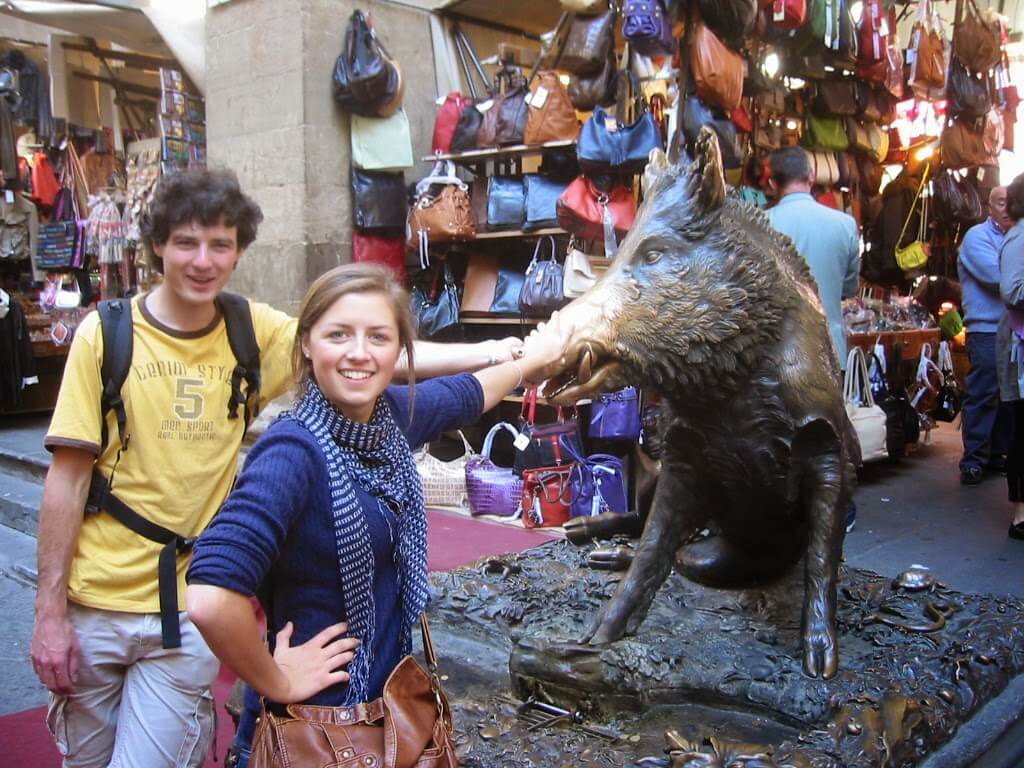
After having it drilled into me that in Italian, you pronounce every syllable, French contradicted everything I thought I knew about Latin languages. I distinctly remember a very proud moment in my class where I showed my teacher, after WEEKS of practice, that I was able to distinguish between the words “magasin” (shop) and “magazine” (like English). I swiftly dropped the class after that.
On reflection, I learnt that I should take on one language challenge at a time (though I know that studying multiple languages simultaneously does work for some people). Studying subjects including philosophy, linguistics and literature alongside native Italian speakers was already a stretch for me, so adding learning French to the mix was just a step too far.
Lesson 3: curiosity is key
Whilst working in Geneva I had spells of evening classes but could barely speak in the present.
All of my co-workers spoke English and some of them didn’t even speak French, so I didn’t feel any external incentive to improve.
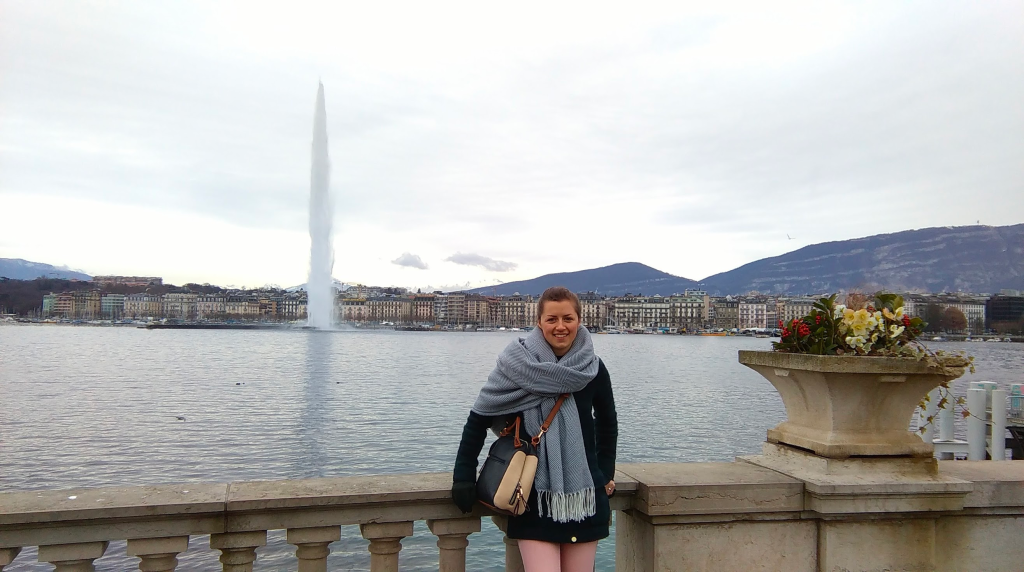
The only thing I remember from the textbook is the phrase “c’est clair?” Indeed it was not “clair”.
This was a hard and very depressing lesson; I found Geneva an incredibly uninspiring place, where for most people there, language is simply a tool to get things done, whether English or French, and as a rather transitory city, people aren’t particularly interested in forming friendships because people rarely stick around for long.
Culturally, there didn’t seem to be much to get stuck into, which is what made me realise how important it is to find something that piques your curiosity when you’re trying to learn a foreign language.
Lesson 4: the “necessity” argument isn’t a silver bullet
Having to learn a language out of necessity works for some people, whereas in my case, I found that it had the opposite effect. When I started my Post-Graduate Certificate in Education (PGCE) to become a teacher I was told I needed to be able to teach French too in order to make me more employable.
I took evening classes but with little effect, and they just felt like a chore; at such a low level, the classes rarely covered cultural aspects, which left me bored, disengaged, and barely able to distinguish between the sounds e, é and è.
Lesson 5: your teacher makes all the difference
Terrified I’d be timetabled French classes to teach at my first teaching job, the summer before starting the job, I spent two weeks in Paris, studying at a French language school. A school friend of mine and her Parisian husband generously hosted me, giving me plenty of opportunity to practise.
However, the only thing I did develop on the course was a fear of strict Parisian teachers… My teacher was a very tense and impatient woman, which made classes rather uncomfortable, as I felt like I was inconveniencing her if I took too long to say something, which deterred me from trying. I could form simple sentences but sooooo slowly!
I did get to experience the French watching and celebrating the French win the World Cup though, so that was a cool cultural event!


Lesson 6: find the right material for you
To my relief, I was only assigned Spanish classes in my first teaching job, but to expand my skillset for the future, I signed up to remote evening classes and committed to taking the French A Level exam. Aside from juggling the stress of my job, and the pandemic, I found the A Level curriculum content pretty boring, which makes sense, as it’s designed for 17-18 year olds.
I didn’t engage positively with the material at all, and dropped the project, concluding that I was struggling because of the stress of the pandemic, and told myself I’d do it ‘next year’.
7th time’s a charm…what did work
The thing that got me to pass that C1 exam was quite a drastic decision, but my god did it work. I quit my job last year, deciding I was done with England. I wanted to move to France, and considered looking for a job in an international school. I knew that mastering the French language would improve my chances, but more generally, I wanted to go and study something for the sake of it for a bit.
Here’s how I guaranteed my progress to reach C1 level French:
I committed to studying French in France for 4 hours a day for 3 months
This was something that had worked for me when I learnt Spanish 10 years ago, so I figured it would do the trick in French too.
Doing a 3-month course guaranteed a healthy rotation of teachers (all schools do this), and the structured learning guided by teachers familiar with CEFR was comforting in terms of knowing I’d cover what needed to be covered.

I chose Alliance Française in Bordeaux because of its reputable name and the fact that compared to other language schools in the city, it offered the most competitive price. Check out my Do a short-term French course abroad: why you should study French at Alliance Française Bordeaux post for more information on this.
I signed up to do an exam
Before booking my course, I checked the examination timetable for the CEFR exams for that year (find this on any school’s website; here’s AF‘s timetable), finding that some were scheduled for the December.
As such, I counted back 3 months (my sweet spot for learning a language) to establish when I should start the course. I didn’t know whether I’d take B2 or C1 at that point, but I felt it was important to have something to aim for.
I lived with a French family
This wasn’t part of my plan; originally I had intended to commute from Bergerac to Bordeaux (as my parents live in Bergerac), but the train connections were so poor that in the first week I asked my teacher if she knew anyone with a spare room. Lucky for me, she did!
By the next week, I was renting a room in a French family’s house really close to the school. I learnt a lot from Odile, the mother of the family, who enjoyed educating me on French culture and customs. This was surprisingly cheap; I paid 275€ a month for a large bedroom with en suite.
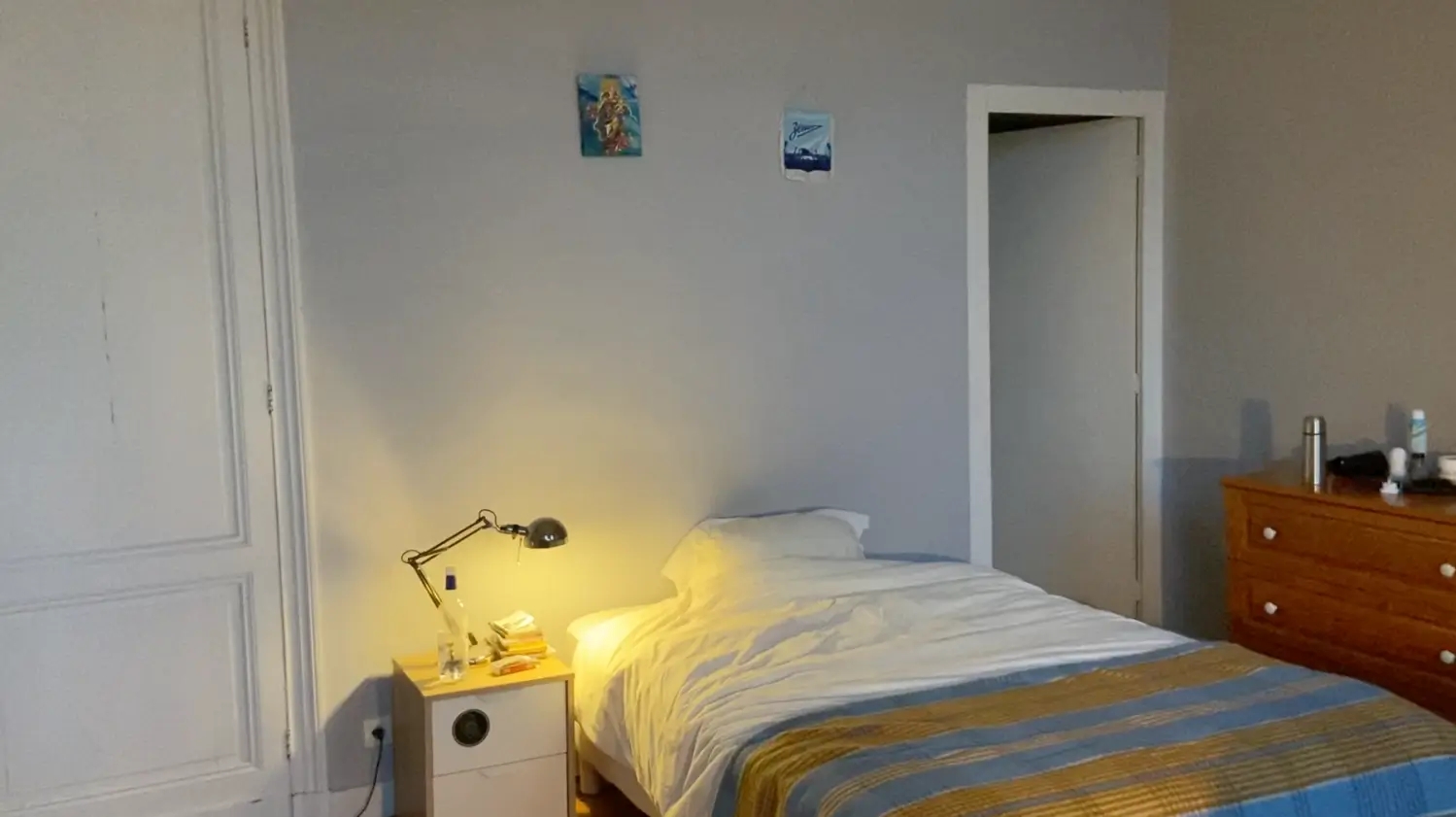
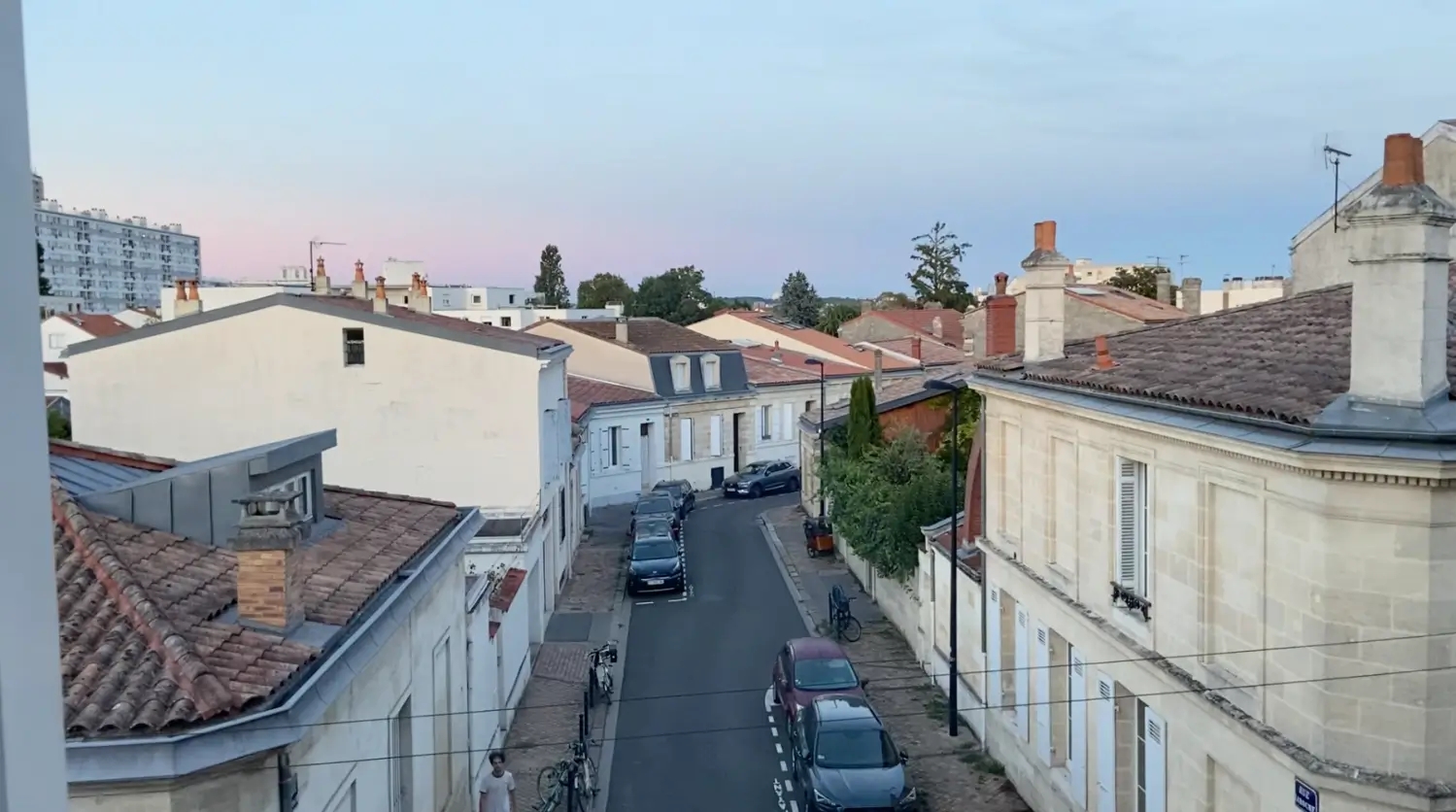

I only made French friends who didn’t speak good English
I found a group on Facebook that was for women in Bordeaux looking to make friends, meaning that it wasn’t language-centred and most of the members were French.
I made most of my friends on this group, and lucky for me, none of them spoke good English.
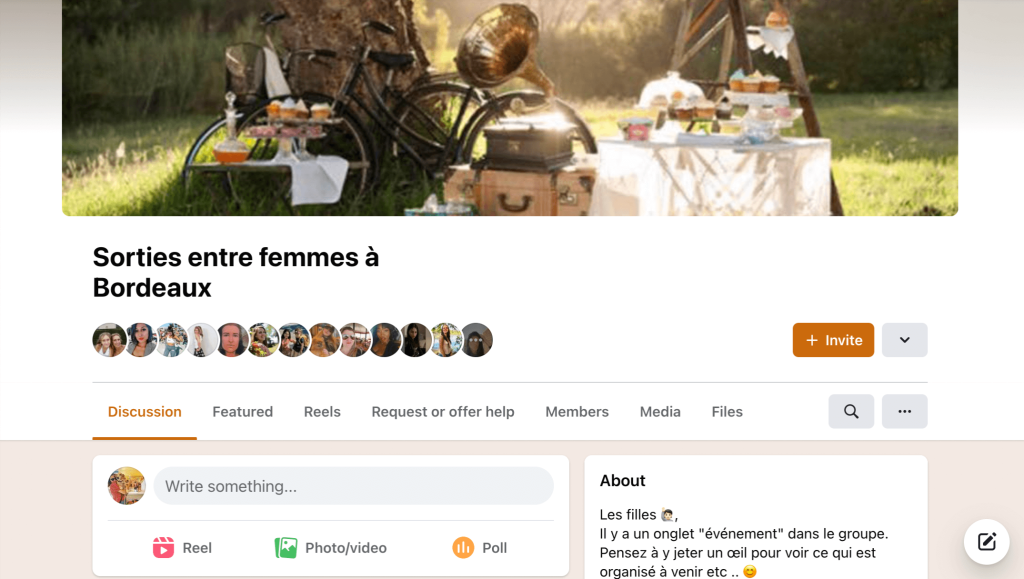
I got into the culture of the city
I wanted to make sure I got as much exposure to the French language and culture as possible outside my classes, so I regularly went to the cinema, museums and art galleries, talks, comedy nights and more.
I saw Angèle in concert. I even attended events that didn’t expose me to the language, like a piano recital, but that acted as a window into the culture, thus increasing my curiosity for it.
More curiosity = more motivation to learn.




L’Engrenage Comedy Club, Cap Sciences cultural centre, Angèle concert, L’Ombre de Goya film
I attended a weekly language exchange
People can find language exchanges intimidating, but with the right strategy, they are an excellent way to improve your speaking (and listening) skills. Check out my From meek to chic: 9 proven strategies to improve your speaking skills at your local language exchange post for more on this.
This was a really nice, guilt-free way to practise my French, as I didn’t feel self-conscious about subjecting French native speakers to my shoddy French.
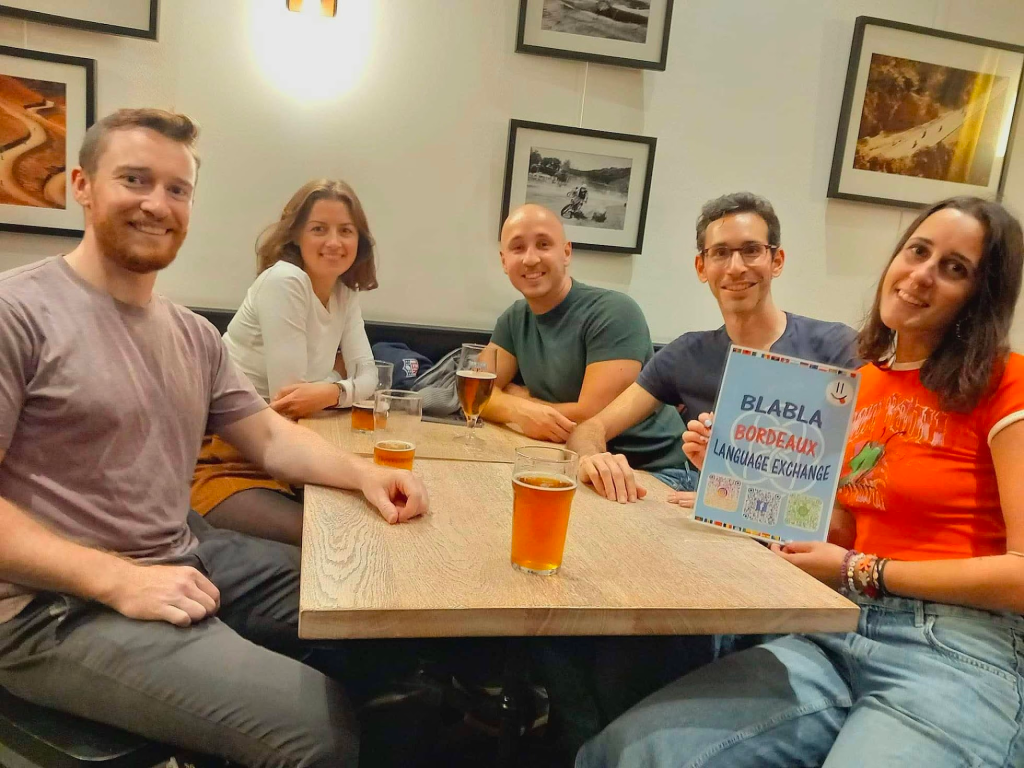
I consumed French material in my free time (films, series, podcasts)
I essentially “completed” Netflix in terms of all of the French series and French films I watched, and also became discerning about which French podcasts were worth listening to, as well as how to listen to them.
Check out my post called 5 free ways to become the ultimate active listener in any foreign language for my tips!
I did practice exams
For me, the written part of the C1 French exam (called DALF) is by far the most demanding of the four skills.
The most challenging part of the written exam is the synthèse (summary), where you have to read two texts on the same topic, and write a summary in your own words in 200-240 words. This requires some serious technique!
I highly recommend Production écrite DALF C1, which is a very detailed, step-by-step guide full of practice questions.
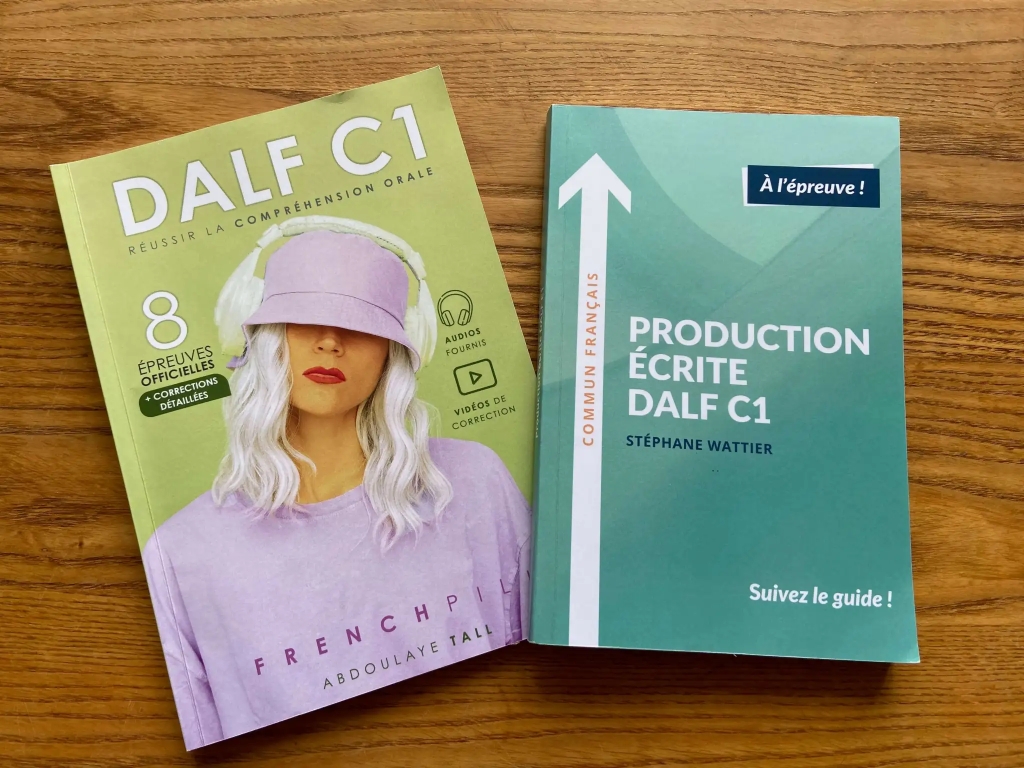
To prepare for the speaking, I used the Commun français website; it’s got loads of practice questions on it, as well as video walkthroughs of what you should have done on the Commun français Youtube channel, which are always linked at the bottom of each question.
To hone my listening skills for the format of the exam, I bought DALF C1 : réussir la compréhension orale: 8 épreuves officielles + corrections détaillées. I didn’t do any specific practice for the reading, because it’s my strongest skill, but made sure I was constantly reading French by keeping up with the news, reading French fiction and whatever else I could find.
If you’re considering doing an exam in French, but you’re not sure which level to attempt, I’d recommend doing one of the practice reading or listening exams (as they’re self-marking) that you can find on the France Éducation International website. Access the C1 practice exams (known as the DALF), or practice exams for all other levels (known as the DELF).
Final thoughts
It’s worth noting that when I turned up at Alliance Française, I was put in a B2 class; this shows that all of that toil over the last 21 years did do something, it was, as Elizabeth Day says in her book Failosophy: A Handbook For When Things Go Wrong, proof that failure is “data acquisition”. All of that time hadn’t been wasted; a lot of what I’d tried to learn had gone in, even though it didn’t feel like it at the time.
Within 2 weeks, due to class reshuffling, I was moved up to a C1 class, partly because, in low season, there weren’t enough students to make up a class in between. As such, I was instantly put in an environment with students who were much better than me; this was a great motivator because I wanted to be able to hold my own!
Of course, I still make mistakes and my knowledge has its inconsistencies, but it’s all a process! With languages, it never stops being a case of two steps forward, one step back!
Do you relate to this relationship with failure? Have you felt like you’ve been struggling to learn a language for a while and would really like a win? Is a course abroad something you would consider? Comment below and check out my recommendations for living your best language immersion abroad.
Psst! If you liked this post, please give it a like below 😊👇!


Leave a comment